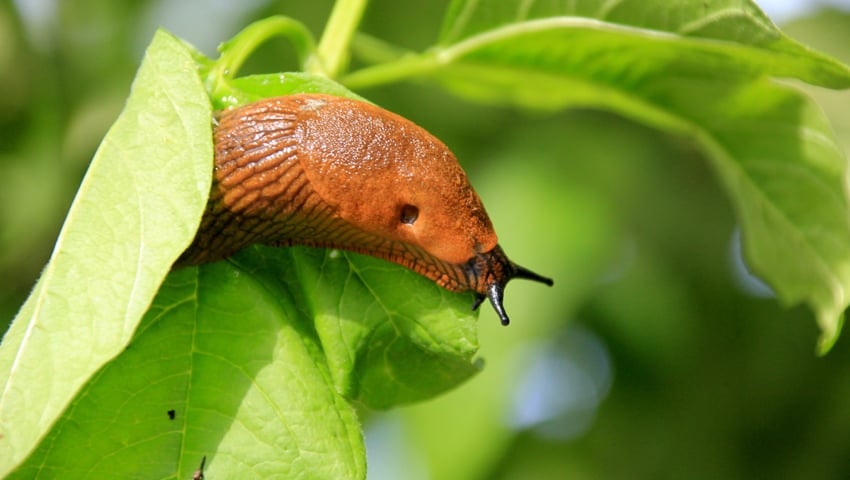The search is on for forward-thinking farmers to take part in trials exploring soil health, the potential of pulses and sustainable slug control.
The British On-Farm Innovation Network (BOFIN) is looking to increase the number of farmers taking part in its Defra-funded projects bringing scientific innovation onto real farms. The number of on-farm trialists will double in two of its three current projects.
Participants are required to run trials on their farms, and to share findings and observations within and outside the project. In return they receive full back up and support from BOFIN and other project partners, as well as a payment for their involvement.
Oxfordshire farmer and founder of BOFIN Tom Allen-Stevens said, “We’ve had a hugely successful year across three projects. Farmers have proven across the trials and monitoring that they can deliver scientifically valid data, adding real value to the progress we’re making towards a more sustainable agriculture.
“We’re now looking to build on this success in 2024-25 and welcome farmers wanting to help shape the future of our industry to register their interest via our website.”
BOFIN co-partners with scientists and researchers to deliver three projects which put farmers centre stage to trial innovative ideas and techniques.
The Nitrogen Efficient Plants for Climate Smart Arable Cropping Systems (NCS) project currently has 10 farmers carrying out trials and BOFIN is looking for an additional 10 for the 2024-5 season. Participating farmers who are known as Pulse Pioneers compare the effects of pulse crops on the health of their soil and subsequent crops.
Meanwhile the Thriving Roots Underpin Total soil Health (TRUTH) project is creating a farmer-led platform to quantify and evaluate soil/root interactions and explore the capabilities of a novel sensor. The farmers – known as Root Rangers – are trained to use soil testing tools to inform practices and evaluate novel genetics and bioproducts. The first year saw 10 farmers sign up as Root Rangers, and BOFIN is looking to enlist another 10 for 2024-5.
Finally, the Strategies Leading to Improved Management and Enhanced Resilience against Slugs (SLIMERS) project is trialling ‘slug resistant’ wheat and developing two commercial services from current proof-of-concept: patch prediction and precision mapping, and autonomous slug treatment using nematodes. Farmers involved are known as Slug Sleuths, and with 27 already on board the team is looking to boost this to 30 for 2024-5, with 10 of those trialling slug resistant wheat.
Cambridgeshire farmer Rhys Jones, who is a Slug Sleuth and Root Ranger said it was important that farmers are part of the conversation about the industry’s future. “Being involved with agricultural trials helps us to look at new ways of doing things and means we can influence the direction we go in,” he said.
Slug Sleuth Andrew Barr, who farms in Kent added that learning was a vital to success in farming. He said, “There’s so much we need to learn, and farming keeps changing and evolving. I’ve been frustrated in the past that academic trials were not targeted to what farmers really needed solutions for, or that the results of the academic trials were not communicated to farmers. That’s not the case if we do the on-farm trials that we think are necessary, in conjunction with the academics.”
